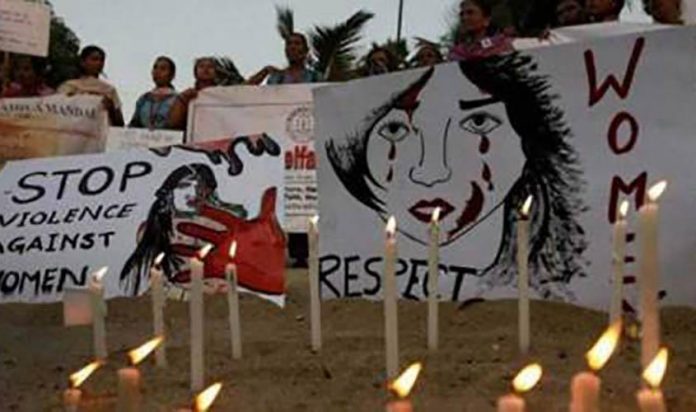The Centre in 2013 announced the Nirbhaya Fund after people took to the streets in protest against the December 16, 2012 gang rape and murder of a 23-year-old paramedical student in New Delhi.
Lack of clarity in rules on how and at what stage should a state government disburse compensation under the Nirbhaya fund to a rape survivor has prompted the Supreme Court to take up the issue and lay down guidelines for proper utilisation of the money allotted under the scheme.
Noting that there was no nodal ministry in the Centre to take feedback from states on how the money allocated is spent, a bench headed by Justice MB Lokur commented it was an “unhappy state of affairs”.
There was an absence of an integrated system of disbursal and management of money meant to compensate rape survivors, the court said as it fixed October 4 to hear the government and advocate Indira Jaising who asked for uniformity in releasing funds.
The Centre had in 2013 announced the Nirbhaya Fund after people took to the streets in protest against the December 16, 2012 gang rape and murder of a 23-year-old paramedical student in New Delhi.
Jaising read out the Centre’s affidavit that collated data on how much money states have spent so far under the scheme. She pointed out that in some instances, states had not explained why the money was disbursed even though there were no applications from survivors for compensation.
Meghalaya had, between 2015 and 2017, released over Rs 6 lakh from the allocation. However, the state did not furnish details of the expenditure. Similarly, Andhra Pradesh, Delhi and Jharkhand did not give the reasons for disbursement.
Jaising also said there was a lot of confusion on the issue as the three ministries involved – ministry of home affairs, finance ministry and ministry of women and child development – were unaware of what was to be done.
During the hearing, the court also expressed its displeasure over the Centre’s affidavit and referred to several discrepancies as cited by Jaising.
“There must be some applying of mind (before filing an affidavit),” the bench said, adding, “You cannot come and file affidavit like this in a court. You are dumping this on us.”
The bench then asked Jaising and the Centre to give their suggestions as to how the system of granting compensation to such victims can work best and how they could be rehabilitated.
“We will take up the matter in October and will pass one set of directions. We will indicate that there is a lot of confusion. Three ministries are involved but they do not know what is to be done. We will pass directions,” the bench said.





